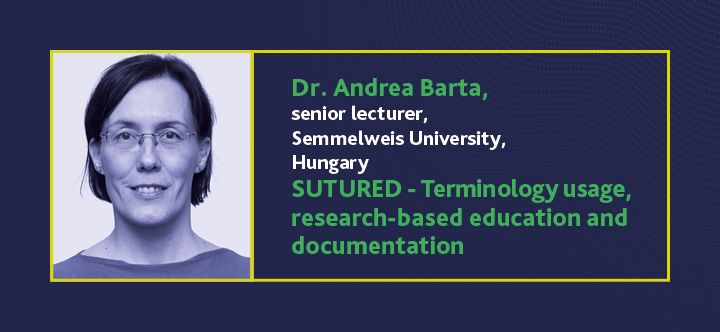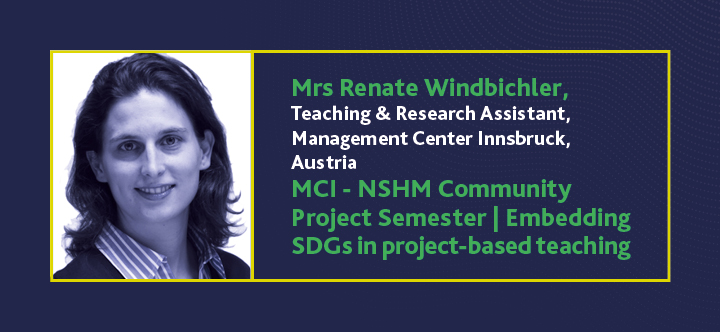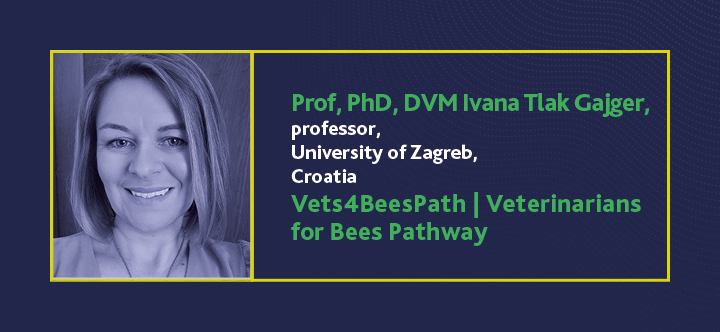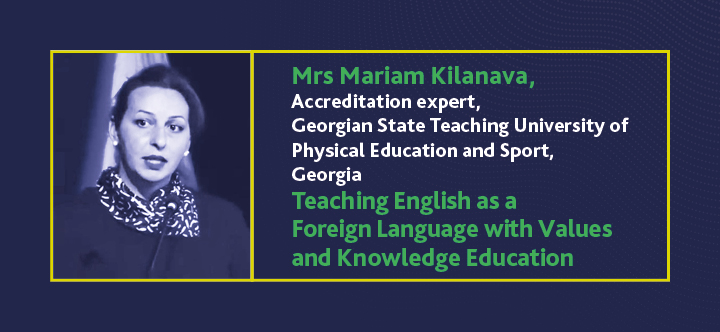Book of speakers
In the first Profformance+ Webinar the focus is on student centered course design. The speakers represents those good practices which scored well at the PROFFORMANCE Higher education teacher award. In the plenary session they present ther good practice in 7 minutes according to the structure of their proposal:
- Challenge/problem – objective
- Methodology of implementation
- Technology, tools used
- Outputs/Outcomes/Impacts
- Lessons learnt (success factors/mistakes to avoid)
- Adaptability, transferability
In the second part of the webinar (parallel breakout room sessions) speakers will give you a ’recipe’ on how they could implement their good practice:
- What was the problem/challenge felt by the students (identity)?
- What results were expected by the students (make a plan)?
- How to implement a course which is Student-centered – from what it is student-centred?
- Actors and resources needed for implementation.
There will be also a short interactive exercise with the participants on how this methodology can be applied in other disciplines as well.
Get to know the projects and speakers
When life provides the course material
SUTURED - Semmelweis University: terminology usage, research-based education and documentation
Students need to be engaged in the learning process in order to motivate them and to increase the efficiency of their learning. For this goal:
- they have to understand why that course is important for their professional life,
- for what they can use what they learn on the course,
- they would like to see the big picture – what is the real learning outcome,
- and would like to use up-to-date, realistic learning material.
This session gives you a recipe on how to find your own course material from life, and how to build your course upon it.

Andrea Barta currently works as a senior lecturer at the Department of Languages for Specific Purposes, Semmelweis University, Budapest. She completed her PhD and undergraduate studies in Classics and Linguistics. Her research interests lie in the area of medical terminology and medical genres. Together with two colleagues, she has been developing educational content in Medical Terminology for ten years.
When solving a societal challenge is the aim of the course
MCI - NSHM Community Project Semester
Higher education institutions have the responsibility to contribute to UN 2030 Sustainability goals. Sustainability issues are unavoidable in any professions. Green transition effects all area of life, and both teachers and students have to develop their competences on how to contribute these sustainability goals. They not only have to live accordingly but learn on how they can find solutions for societal problems in their own disciplines. Participants in this session
- may learn how to organise a project based course where students work on a solution of a societal problem
- they can jointly think on what societal problems can be solved by students of their disciplines
- how to motivate and support students in their cooperative work,
- how to engage students to be active and responsible citizens and professionals.

Graduate Int. Business at Vienna University of Economics and Business Administration, several stays abroad, studies + internships in various countries and industries.
Specialties: Language skills: German, English, French, Italian, Spanish, Dutch
Linkedin @Renate Windbichler
When the course is designed for students and practitioners to promote life-long learning
Vets4BeesPath - Veterinarians for Bees Pathway
Higher education institutions play a pro-c-rea©tive role in society. They have to promote new knowledge but also have to react creatively to the needs of the labour market and the wider environment. The knowledge they convey should be regularly updated, which cannot be realised without direct contact with the professional world. In this breakout room participants will get to know:
- How to develop courses which suit the requirements of both the students and practicionnaires.
- How to promote a life-long learning attitude.
- How to make a course which leads to alternative credentials (points in professional learning pathways or other kinds of micro-credentials)
- How a special field of expertise can be promoted and gain recognition within a wider context.

Ivana Tlak Gajger is an accomplished professor at Faculty of Veterinary Medicine University of Zagreb and an awarded scientist. She cooperates with scientists, beekeepers, students and other stakeholders through various science-based activities to identify opportunities for promoting beekeeping, healthy food production, biodiversity and improving bee health, worldwide. She participated in the realization of projects and published >70 scientific papers. Also, she is very active internationally in finding smart solutions and promoting good practices, as well as raising awareness of the importance of insect pollinators via different media. She is the leader of postgraduate master study Honeybee Health Protection, the Head of National Reference Laboratory for Honeybee Diseases APISlab, and the establisher of an Educative-archive station for beekeeping.
When the course is built on dilemmas to discuss
Teaching EFL with VaKE: Teaching English as a Foreign Language with Values and Knowledge Education
Higher education institutions must improve the knowledge, skills and competences of students to prepare them to become active, critical and responsible citizens. The constant change in the world requires resilience from both teachers and students and they have to be prepared to problem solving and decision making. Nevertheless, decision making is not simple in a complex environment and professionals often face dilemmas to discuss and problems to resolve.
Participants in this session get to know:
- how to organize a dilemma based course,
- how to engage students and encourage expression of opinion,
- how to be assertive
- how to find a consensus and
- conclude a final decision on a professional topic.
Participants may exchange experience on how this dilemma-based approach can be applied in different fields of education.

Linkedin: @Mariam Kilanava

















